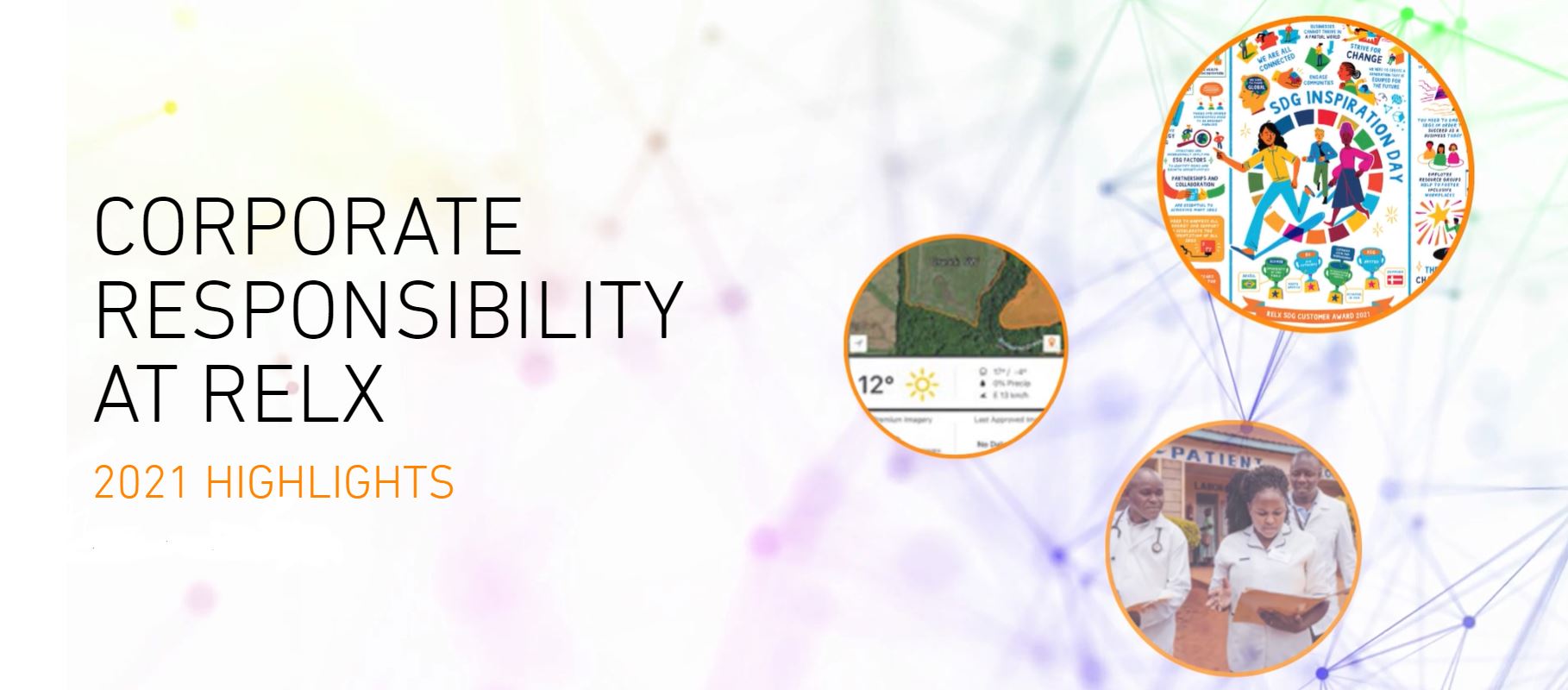Global issues are inextricably linked to the United Nations' Sustainable Development Goals (SDGs). Established in 2015, the SDGs provide a universal blueprint for peace and prosperity for people and the planet, now and into the future. They encompass a wide array of global challenges, such as poverty, inequality, climate change, environmental degradation, peace and justice, among others, making them a comprehensive framework for international cooperation and action. Each SDG is further divided into specific targets, which are designed to address these challenges at multiple levels.
One of the fundamental principles of the SDGs is that they are interconnected; solving one issue often contributes to resolving others. For example, tackling poverty (SDG 1) can help reduce hunger (SDG 2) and improve health and well-being (SDG 3). Similarly, pursuing quality education (SDG 4) can empower women (SDG 5), and create decent work and economic growth (SDG 8). In turn, these efforts can contribute to reduced inequalities (SDG 10) and promote peace, justice and strong institutions (SDG 16).
In the era of globalization, the role of international cooperation in achieving the SDGs is crucial. The global nature of many contemporary challenges, such as climate change or the COVID-19 pandemic, necessitates that nations work together to address these issues. As such, the SDGs provide a shared global agenda that transcends national borders and brings together diverse stakeholders, including governments, civil society, the private sector, and individuals.
While the SDGs provide the framework for global action, they also have implications for local and national contexts. Countries, regions, and cities are encouraged to tailor the global SDGs to their own contexts, developing local strategies and initiatives to achieve these goals. By addressing global issues at both global and local scales, the SDGs promote a multilevel, integrated approach to sustainable development.
Overall, the relationship between global issues and the SDGs is one of mutual influence and interdependence. The SDGs reflect the urgent need to address global challenges, while also providing a pathway towards solutions. They are a testament to the power of international cooperation and the potential for collective action to create a more sustainable, equitable, and prosperous world.
Cardio-Hepatology: Connections Between Hepatic and Cardiovascular Disease, 2023, Pages 123-132
Chronic right-sided heart failure has deleterious effects on many organ systems, and the liver is no exception. Passive hepatic congestion not only can precipitate impaired hepatic synthetic function and hepatic fibrosis, but it can also predispose the liver to more severe acute injury in the setting of circulatory compromise, an entity known as hypoxic hepatitis.
Hepatocellular carcinoma (HCC) accounts for between 85% and 90% of primary liver cancers. It has several interesting epidemiological characteristics. Differences in distribution have been noted between geographic regions and ethnic groups but also according to sex and the presence of several risk factors linked to the environment. A variety of risk factors for HCC have been reported, including hepatitis B and C viruses, aflatoxin B1, alcohol consumption, nonalcoholic fatty liver disease, and hemochromatosis. Hepatitis B virus (HBV) is a ubiquitous virus with worldwide distribution.
Oncogenic Viruses, Volume 2: Medical Applications of Viral Oncology Research 2023, Pages 173-189
Hepatitis B virus (HBV) is a hepatotropic virus capable of evading immune defense, usually leading to chronic hepatitis and hepatocellular carcinoma. The death rate in case of patients suffering from liver cancer associated with hepatitis B oncovirus is on the rise. Thus to effectively reduce the incidence of this disease, vaccination with preventive HBV vaccines is essential, and continuous development of therapeutic vaccines is needed to treat patients with preexisting infection.

